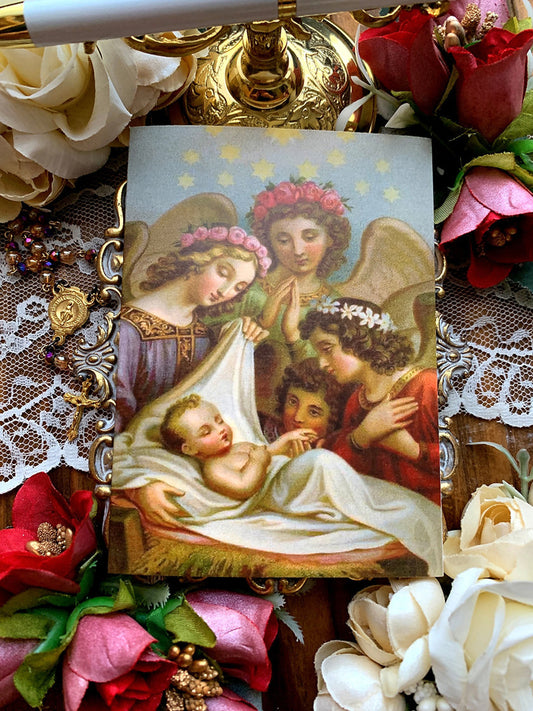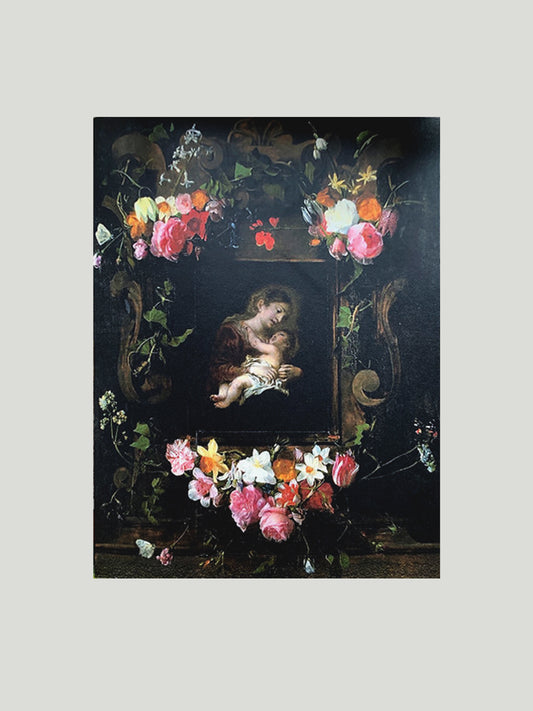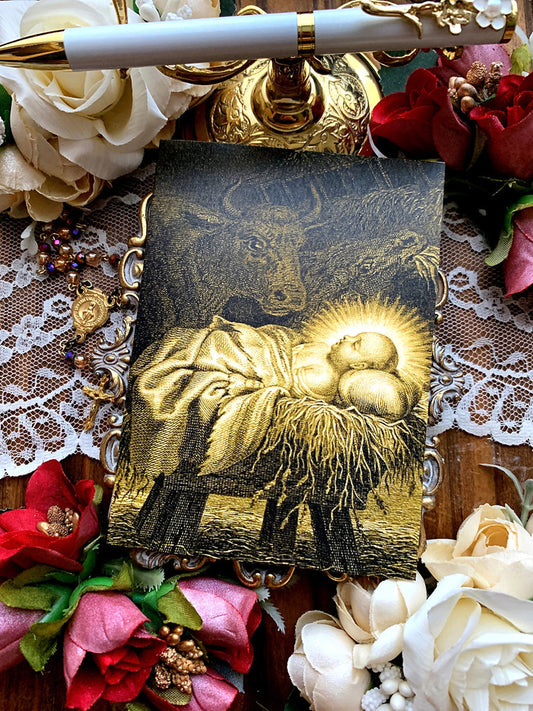This August, we celebrate two saints who were martyred in a Nazi concentration camp in Auschwitz-Birkenau, Poland during the Second World War. Their lives (and deaths) stand as powerful witnesses to the strength of faith in the face of evil and persecution.
 |
 |
St. Teresa Benedicta of the Cross |
St. Maximilian Kolbe |
St. Teresa Benedicta of the Cross
August 9th is the Feast of St. Teresa Benedicta of the Cross, also known as Edith Stein. Born of a Jewish family in Breslau, Germany in 1891, Edith was a philosopher before she converted to Catholicism in 1922. She entered the Discalced Carmel of Cologne where she took the name of Teresa Benedicta of the Cross.
They were arrested on August 2, 1942 and immediately deported to the Nazi concentration camp in Auschwitz-Birkenau. St. Teresa died in a gas chamber in Auschwitz one week later, on August 9th. As a martyr for the Christian faith, she had offered herself as a holocaust for the people of Israel. St. Teresa Benedicta of the Cross left behind a number of profound writings known for their theological and philosophical richness.
St. Maximilian Kolbe
St. Maximilian Kolbe was born in Russian Poland in 1894 to deeply devout parents. Having suffered from tuberculosis, he was frail for most of his life.
In 1912, in Rome, Maximilian Kolbe became simultaneously devoted to: spreading the Church’s message, and to Mary Immaculate. He started the magazine “Knights of the Immaculata”, and in Warsaw built the “Town of the Immaculata” (Monestary) where the magazine was printed in several languages. He did the same in Japan and India; each location with printing presses and large communities devoted to Mary Immaculate.
In 1939, with a broadcasting station and plans to build a Catholic Film Studio, the invasion of Poland changed everything. After refusing to conform and denying German citizenship, Maximilian Kolbe and 4 Brothers were arrested and taken to Auschwitz-Burkenau. When one male prisoner escaped and 10 men were chosen to starve to death in reprisal, Maximilian Kolbe offered to take the place of a man with a wife and children.14 days later, being the last man alive, St. Maximilian Kolbe was killed by lethal injection, on August 14, 1941.




